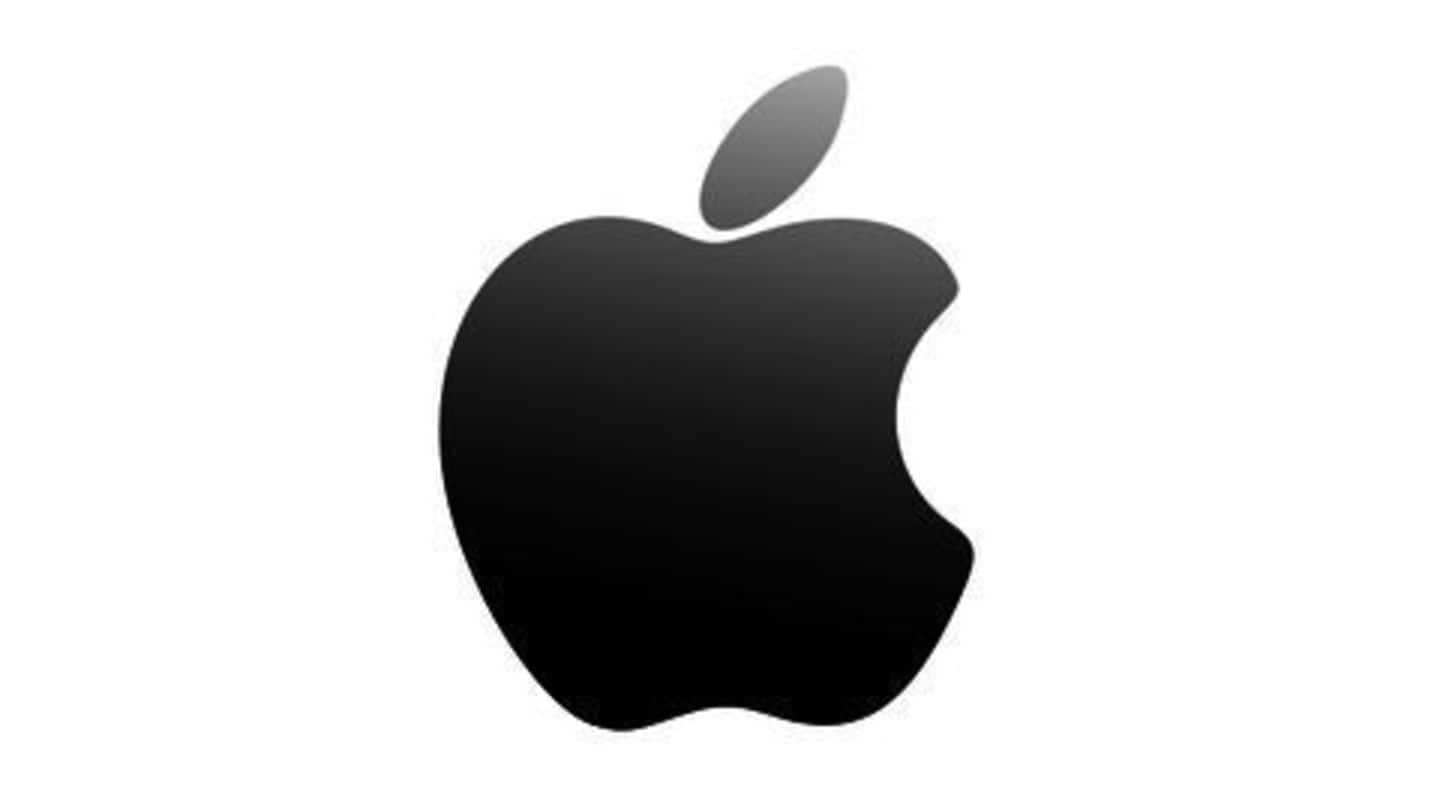
Apple's indifference to President Trump's demands
What's the story
President Trump, who is pushing hard for American goods to be "made in America", vowed during his campaign that he would force Apple to start producing on US soil. However, while other manufacturing companies have tried to appease Trump with promises of new investments and jobs in America, Apple has stayed quite low-profile. So what is Apple really up to? We don't really know.
US investment
Major Apple contractor to set up US manufacturing plant
Taiwan-based Hon Hai Precision Industry Co., better known as Foxconn, is one of Apple's largest contractors. Earlier this month, Foxconn confirmed that it was considering investing $7 billion to set up a flat panel manufacturing plant in the US. While Foxconn founder Terry Gou told reporters in Taipei that Apple was also willing to invest, Apple declined to comment on the issue.
Quote
Apple reportedly willing to invest in the US
"I have discussed with my major clients about going to (the US) and they are also willing to invest, including Apple," said Foxconn founder Terry Gou.
Manufacturing process
Understanding Apple's manufacturing process
Apple's manufacturing process involves a massive supply chain ecosystem consisting of over 200 suppliers worldwide. iPhone components like chips, batteries etc. are manufactured separately by these suppliers and are then assembled by integrators like Foxconn, Pegatron Corp., and Winstron Corporation. As of now, only China and Brazil have these assembly plants. But, is this process replicable in the US?
Do you know?
How is Apple different from other major US manufacturing companies?
Dan Panzica, the chief manufacturing analyst for financial services company IHS Markit, said that Apple was unlike other major US manufacturers and automakers who shifted factories overseas to cut costs. Apple, on the other hand, didn't move jobs offshore, it created them there.
US vs China
Why is China more feasible for Apple?
Apart from raw materials, China supplies Apple with abundant cheap labour. Apple's supply chain is mainly China-centric, and shipping all components from China to the US would add to logistics costs. Furthermore, even if Apple sets up an assembly plant in the US, it would have to use more robotics and less labour, thus defeating the entire purpose of creating jobs in the US.